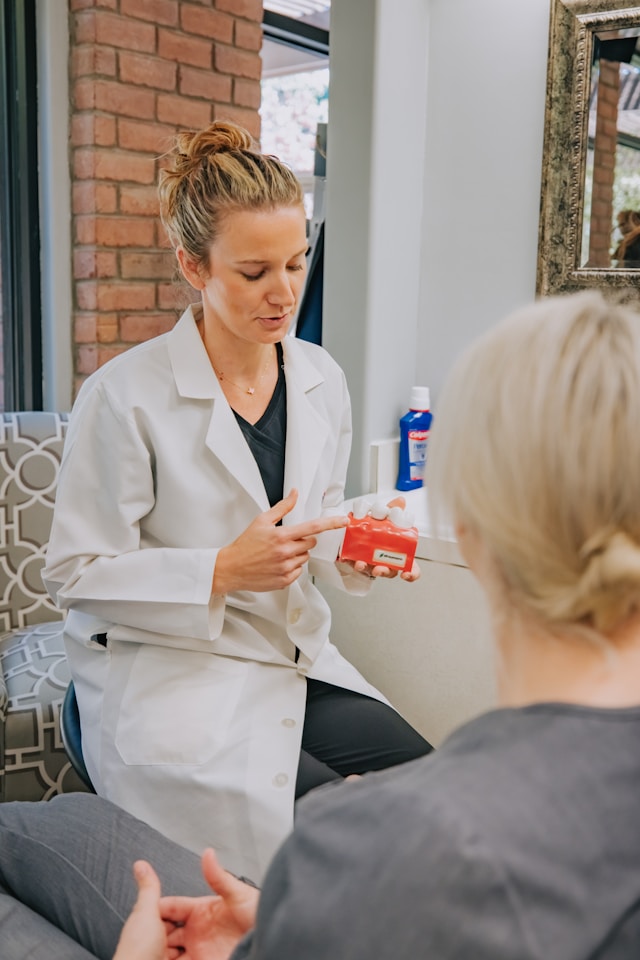-
What Burnout Looks Like When You’re Still Getting Everything Done

One of the hardest parts of burnout is that it doesn’t always come with a dramatic breaking point. For many, burnout shows up quietly, hidden behind productivity and competence. You might tell yourself you’re fine because everything is technically “handled,” even though you feel emotionally exhausted, disconnected, or always running on empty.
-
How Ordering Medications from Canada Can Help Lower Long-Term Healthcare Costs

Prescription prices keep going up, insurance covers less, and more people are having to make tough choices: skipping doses, delaying refills, or stopping medications because they just can’t afford them. These decisions might help for now, but they often lead to bigger health problems and higher costs later.
-
Why Feeling Tired All the Time Isn’t a Personal Failure

In a world that praises busyness and treats rest like a reward you have to earn, it’s no surprise that so many people feel worn down. Feeling tired all the time doesn’t mean you’re lazy or unmotivated. It often means your body and mind are carrying more than they were ever meant to handle.
-
The Power of Routine: How Structure Can Support Mental Health

We talk about mental health in terms of emotions: sadness, anxiety, overwhelm, uncertainty. But one of the most underrated forms of mental-health support isn’t emotional at all. It’s logistical. It’s practical. It’s routine.
-
How to Spot Burnout Before It Becomes a Breakdown

Most people don’t notice burnout until after they’re already deep in it. We push through stress, ignore the warning signs, keep adding tasks to our plates, and tell ourselves, “I just need to get through this week.” Then suddenly, getting out of bed feels impossible. Decision-making becomes exhausting. Everything feels like “too much.” That’s not…
-
How to Build a Wellness Routine You’ll Stick With as the Seasons Change

Every January, it feels like the whole world decides we should become completely new people overnight. One minute we’re eating cookies by the handful, the next we’re supposed to be running 6 miles at sunrise, journaling, meditating, drinking a gallon of water, and somehow sleeping eight uninterrupted hours. If you’ve ever started January feeling motivated…
-
How to Talk to Your Doctor About Preventive Screenings (Even if You’re Nervous)

Talking to a doctor about health screenings can be awkward, overwhelming, or even downright scary. You might feel nervous about what they’ll say, unsure what to ask, or tempted just to skip the whole thing and hope for the best. If that sounds familiar, you’re not alone.